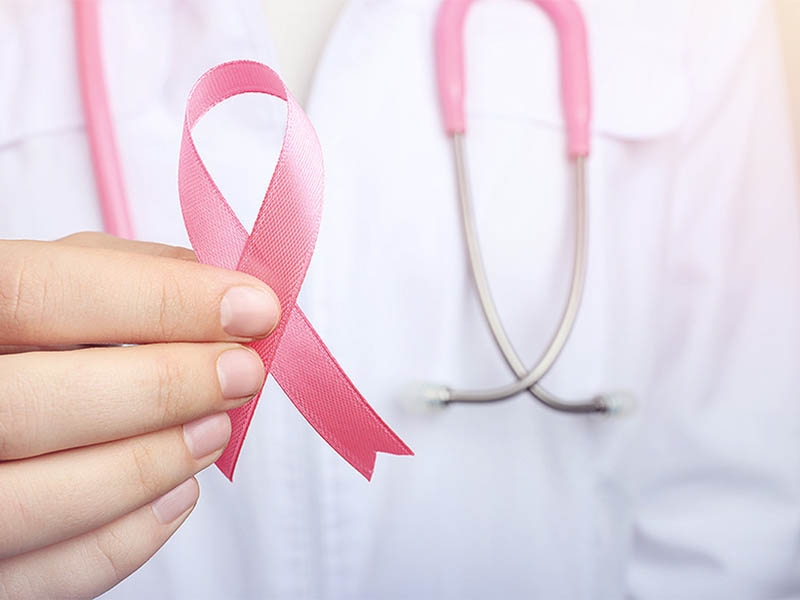
Mastologist
Watch our video about Mastologist
What Does a Mastologist Do?
A Mastologist is a medical specialist dedicated to the diagnosis, treatment, and prevention of conditions affecting the breast. Their expertise spans benign breast issues, such as cysts and pain, as well as serious conditions like breast cancer. Mastologists provide a personalised approach to care, combining medical expertise with empathy to ensure patients feel supported throughout their treatment journey.
At Clinic Consultation, our Mastologists focus on early detection and advanced treatment options for all breast-related concerns. By using state-of-the-art diagnostic tools, they aim to identify issues at the earliest stages, promoting better outcomes and peace of mind for their patients.
What Conditions Does a Mastologist Treat?
Mastologists manage a variety of breast conditions, including:
Breast Cancer
Detects and treats malignant tumours with personalised treatment plans.Breast Cysts
Manages fluid-filled sacs that can cause discomfort or tenderness.Fibroadenomas
Treats benign lumps commonly found in younger women.Mastitis
Diagnoses and treats breast infections, often associated with breastfeeding.Breast Pain (Mastalgia)
Evaluates and addresses chronic or cyclical breast pain.Nipple Discharge
Investigates abnormal discharge to rule out underlying conditions.Gynecomastia
Diagnoses and treats breast enlargement in men, often caused by hormonal imbalances.
How Can a Mastologist Help?
A Mastologist provides specialised care for individuals experiencing breast-related concerns. They play a crucial role in early detection, offering regular screenings and monitoring changes in breast tissue over time. Their expertise ensures accurate diagnosis and effective treatment plans, whether the condition is benign or malignant.
Beyond medical treatment, Mastologists at Clinic Consultation offer emotional support and education, helping patients understand their condition and empowering them to make informed decisions. From routine check-ups to complex surgical interventions, they are dedicated to ensuring optimal breast health.
What Tests Does a Mastologist Request?
To diagnose and monitor breast conditions, Mastologists rely on various diagnostic tests, including:
Mammogram
A low-dose X-ray to detect abnormalities, such as lumps or calcifications.Breast Ultrasound
Uses sound waves to evaluate lumps or dense breast tissue.Breast MRI
Provides detailed imaging for high-risk patients or unclear mammogram results.Biopsy
Removes a small tissue sample to determine if a lump is benign or malignant.Fine Needle Aspiration (FNA)
Extracts fluid from cysts or lumps for analysis.Hormone Receptor Testing
Determines if breast cancer is hormone-sensitive, guiding treatment options.Genetic Testing
Identifies genetic mutations, like BRCA1 or BRCA2, linked to higher breast cancer risk.
When Should You See a Mastologist?
Knowing when to consult a Mastologist is crucial for early diagnosis and effective treatment. Here are seven key scenarios where their expertise is essential:
Breast Lump
Any new lump or thickening in the breast tissue should be evaluated to determine if it’s benign or malignant.Changes in Breast Appearance
Dimpling, redness, or swelling of the breast may indicate an underlying condition that requires prompt attention.Nipple Changes
Inversion, discharge, or crusting around the nipple are signs that should be assessed by a specialist.Breast Pain
Persistent or severe pain, especially if it’s unrelated to the menstrual cycle, warrants a consultation.Family History of Breast Cancer
Individuals with a family history of breast or ovarian cancer should see a Mastologist for genetic counselling and regular screenings.Post-Surgical Follow-Up
After breast surgery, regular monitoring by a Mastologist ensures proper recovery and early detection of complications or recurrence.Male Breast Changes
Men experiencing enlargement, lumps, or pain in the breast area should seek evaluation to rule out gynecomastia or male breast cancer.
How to Prevent Breast-Related Diseases
Preventive measures are key to maintaining breast health. Regular self-examinations, routine screenings like mammograms, and adopting a healthy lifestyle can significantly reduce the risk of breast-related conditions. Maintaining a balanced diet, exercising regularly, and avoiding excessive alcohol consumption contribute to overall well-being.
At Clinic Consultation, our Mastologists provide personalised advice on prevention, including strategies for high-risk individuals, ensuring proactive breast care for all patients.
What to Ask a Mastologist During the First Consultation
To make the most of your visit, consider asking:
- What could be causing my symptoms?
- Are there specific tests or screenings I should undergo?
- What are the treatment options for my condition?
- How often should I have breast screenings?
- What can I do to reduce my risk of breast cancer?
- Are there lifestyle changes I should consider for better breast health?
- Should I be concerned about my family history of breast conditions?
Book Your Appointment at Clinic Consultation
Mastologists are essential for ensuring comprehensive breast health. At Clinic Consultation, our specialists provide expert care tailored to each patient’s needs. Schedule your consultation online today and take the first step towards proactive and effective breast care.
Click here to schedule an appointment online